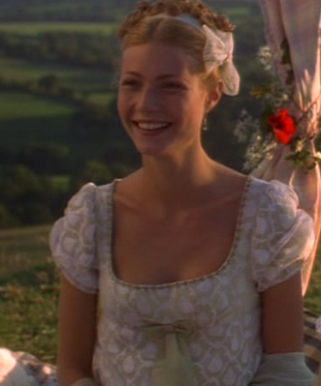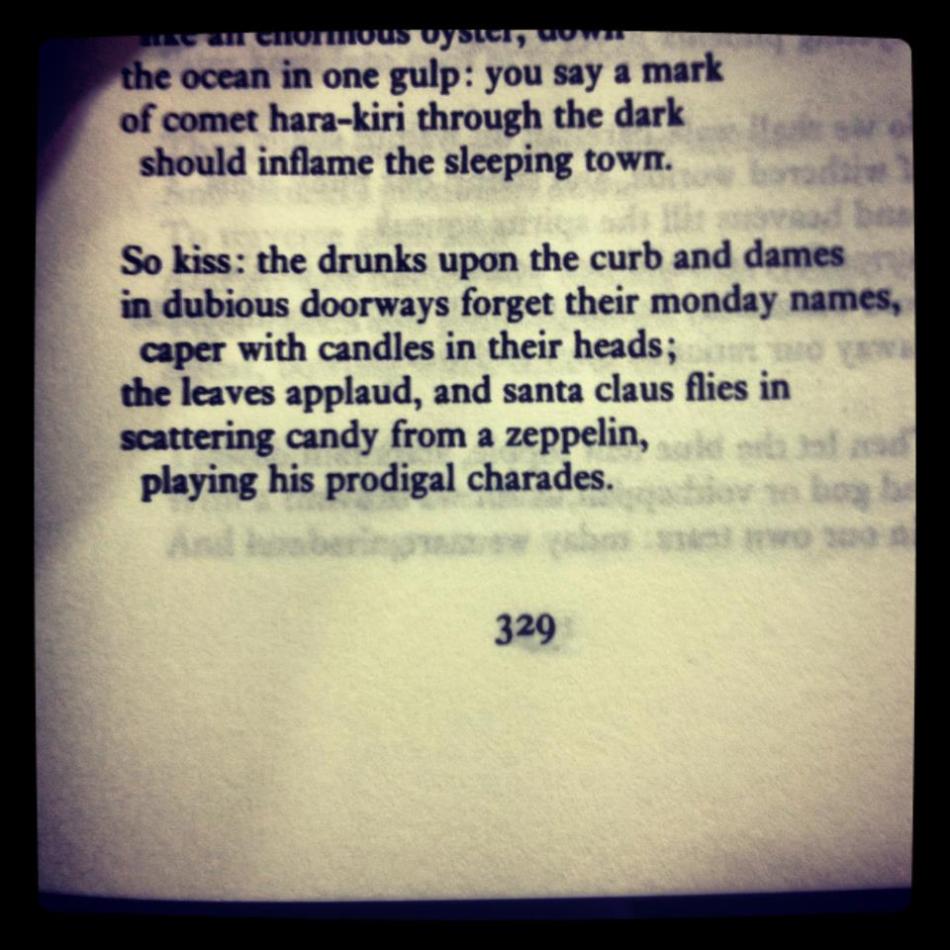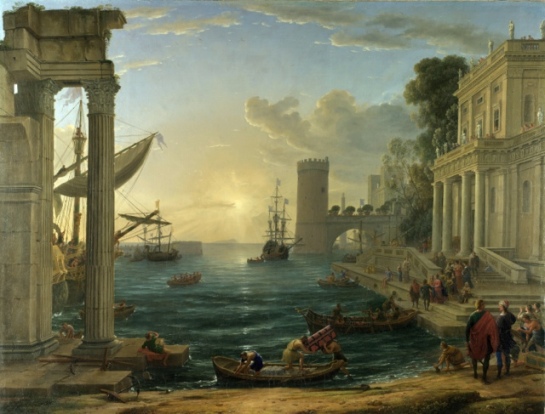Unemployment has meant, for me at least, a sort of spatial limbo: I am at home, but I feel very much in-between places. This is partly because, after 4 years in England but very little of it in London (which is such a pity!), I thought I might like to get to know the grand old metropolis a bit better than I do. It’s also partly because I am willing to go anywhere at all in the world for adventure and novelty, but am not so keen to stay on at home (none of my friends are here, and living with parents does get a bit stifling now and then). My father has done his best to assiduously encourage me to head Stateside at some point (like many good middle-class Indians, I think he harbours the ‘American dream’ and doesn’t care much for the old world, which he sees as fading and increasingly irrelevant in career/financial terms; well, perhaps the newspapers would bear him out on this, partly). And to a large extent, as I learnt more and more about the bureaucratic strictures which try very hard to keep people from coming into countries, and as I read more and more about how sad an economic situation much of the world is in, I pretty much resigned myself to not going back to London or the UK anytime soon (save for holidays, ofc).
And I was pretty fine with that. For most entry-level jobs, going to the UK does not mean (as many with anti-immigration sentiments seem to think) a better quality of life/living: the tax-rates and costs of living are incredibly high, and logically the same amount of money earned in a place where housing is cheaper and the tax rates lower = better life. Materially speaking.
But when I rationalized so with myself I forgot one very important thing – I forgot that I didn’t love London for its promises of any glamorous life or great riches (for I’m no Dick Whittington), & that I loved it instead because it was the London of countless books & innumerable stories; the London of Shakespeare and Austen and Woolf and even T. S. Eliot; the London of the history-books and nursery-rhymes. And this is after all something no other place in the world can (or even should, since every place has its own unique wealth of stories and histories!) ever replicate. It also probably only has such importance for me because I loved and then studied English Lit., which is enough to make an Anglophile of anyone, and for the noblest of reasons :P But remembering = nostalgia, and nostalgia = (in my world, at any rate) lots of wistful blog-whining & lots of photographs, so this post will groan under the burden of both. You have been warned!
My recent Fanny Burney binge has reminded me of why I love, and miss, London: Burney’s novels are all about innocent (but virtuous! NEVER forget!) and beautiful girls from little-ish country towns who find themselves in the great city for the first time. They are regaled, and often left not too impressed, with the dissipations of high society life in 18th c. London – they go to plays and to the Opera and to the Pantheon and to ‘assemblies’ – yes it is like a dream! It’s one of those delicious things to read, like a tabloid gossip column looking into the lifestyles of the rich & famous today, only Burney’s books of course have infinitely more wit, are quite censorious of all that is ‘dissipated’ and extravagantly wasteful, etc. Well, first I missed 18th century London with the worst kind of nostalgia one can have – nostalgia for times one has never known, will never know! And then I missed London as I know it, because London is so beautifully historic and so layered over with different eras, that I am quite sure that 18th century London has peeked out me from odd places during some walk or another.

A rather glorious monument, the Albert Memorial. And enhanced by Instagram! :P Probably what I dislike most about London is all the Victorian in it, which (to me) is just somewhat bleak. Like the Victorians themselves, and especially in winter. And add to that I have, like Terry Castle said, a sordid case of ROCOCOPHILIA, and so have always loved the prettiness of 18th cent. buildings (their white and bright airiness) a whole lot more.
What I love most about London is the way different places have different associations – a sort of historical/literary burden these spaces are forced to carry, but maybe that’s no bad thing. I have very violent historical/literary fetishes, so a lot of what I remember from my London summer pertain to this! Getting breathless as I walked around Russell Sq. and Bloomsbury (because Woolf and Eliot must have walked there, and maybe I would stumble upon Woolf’s family home or something – !); waxing lyrical as I wandered around Hampstead & its Heath with my friend (because Keats probably roamed there too, and who knows but one of those ancient trees inspired some poem or another?); getting lost somewhere off Fleet Street, going down some small lane and actually finding myself in front of Samuel Johnson’s house; trying to figure out the exact spot on which The Globe must have stood (not quite where it is today, apparently, a few meters off – maybe it was where ‘EAT’ is?). Reading about Burney’s heroines going to Tottenham Court Road or Holborn (where the tradesmen in 18th c. London lived, apparently) or Sadler’s Wells (apparently, back then, not a ‘posh’ theatrical experience) – or even better, going to Haymarket (!!) to watch a play (!! I DONE THIS!) got me immeasurably excited and nostalgic. (Haymarket is my absolute favourite theatre, though, I have to confess, only one out of a shameful four I’ve been to: but it was the first, and it is so beautiful and palpably 18th c./rococo, that I have tried to go to almost every show they put on. Not succeeded, but meant to anyways….!)

The doorway into Keats’ house at Wentworth Place. Unfortunately we went too late to get in, but an extremely kind man in the adjacent library let us walk around the grounds and it was beautiful. I could not identify the famous ‘Ode to a Nightingale’ tree though :(
There is a respect for history in Europe generally which I admire so much – the preservation of old buildings and façades, the blue plaques in the UK which dot the place to remember everybody and anybody of historical note (from seamstresses to the celebrity heavyweights!) – these are all things I am sort of unused to, but which I adore, admire, and respect vastly. Till this day I am astonished at the large, amazing, beautiful and 100% Tudor building that’s opposite one of the Chancery Lane Tube station entrances. It houses everything from Pret to Starbucks or Costa or whatnot, and there’s an interesting clash of visage & interior for you (even one of the nicest old buildings in Oxford, at the end of Ship Street, houses a Pret) – I never quite get over the juxtaposition – but it is there. Which is amazing. There’s also the amazing arts scene (and this is not to say that other places don’t have theirs: THEY DO; only I understand the British one best because that’s what I’m familiar with, as myopic of me as this may be) – I love that all the art galleries are free and so open to all; I love that there’s a bajillion theatres with wonderful shows on. Waking up on a Saturday morning & wondering what to do is always so easily resolved when there are a thousand and one exhibitions or plays to be attending! The National Gallery alone could keep me occupied for days on end, and ‘groundling’ spaces at The Globe are so cheap (five quid!) that I am always tempted to watch more plays there than my legs have energy for (or, to be truthful, than my wallet has notes enough for).

Found this in a little lane off St. Martins Lane (I think), where my friend works in a wonderful coffee-shop. This little lane is full of a second-hand bookstores, which are amazingly fun to leaf through in themselves, & this plaque makes it all so much more amazing! MOZART!
So this is why I love, and miss, London. :( Its historicity, its literarineeesss, its galleries and its theatres. So many things I have never done (like visiting the oldest theatre, or the recently-uncovered site of Shakespeare’s first theatre, or Woolf’s house, or famous authors’ graves, or seeing a show at the Royal Opera House) and that I have to lament! I talk a whole lot more about these associations than I have done, unfortunately, because whenever I’m in a place I call ‘home’ (however temporarily), I failed to do enough of the visitory/touristy things I love the places for. I have not been the best literary/historical pilgrim, but since I am going there for a visit in two weeks, I hope to remedy this. I am going to chart out a Fanny Burney/Jane Austen trail, which will take me through 18th century London (or what vestiges of it still remain) and to Bath. FINGERS CROSSED. But most of all, I am just going to walk and walk and walk and walk and walk, anywhere and everywhere, and drink in the streets and the sights and the aura of the past. Kuala Lumpur is not a very pedestrian city, and a car is as essential to life here as breathing, so I really miss walking.
(Also: carrying on from the last post where I mentioned the mysterious ‘Pantheon’ — I have solved the mystery! It was on Oxford Street, and in its place now stands —— wait for it —— a Marks & Spencer’s. -_- Grotesque, is it not? But to their credit, this branch is called M&S ‘Pantheon Branch’, which is a sweet homage to the past.)










